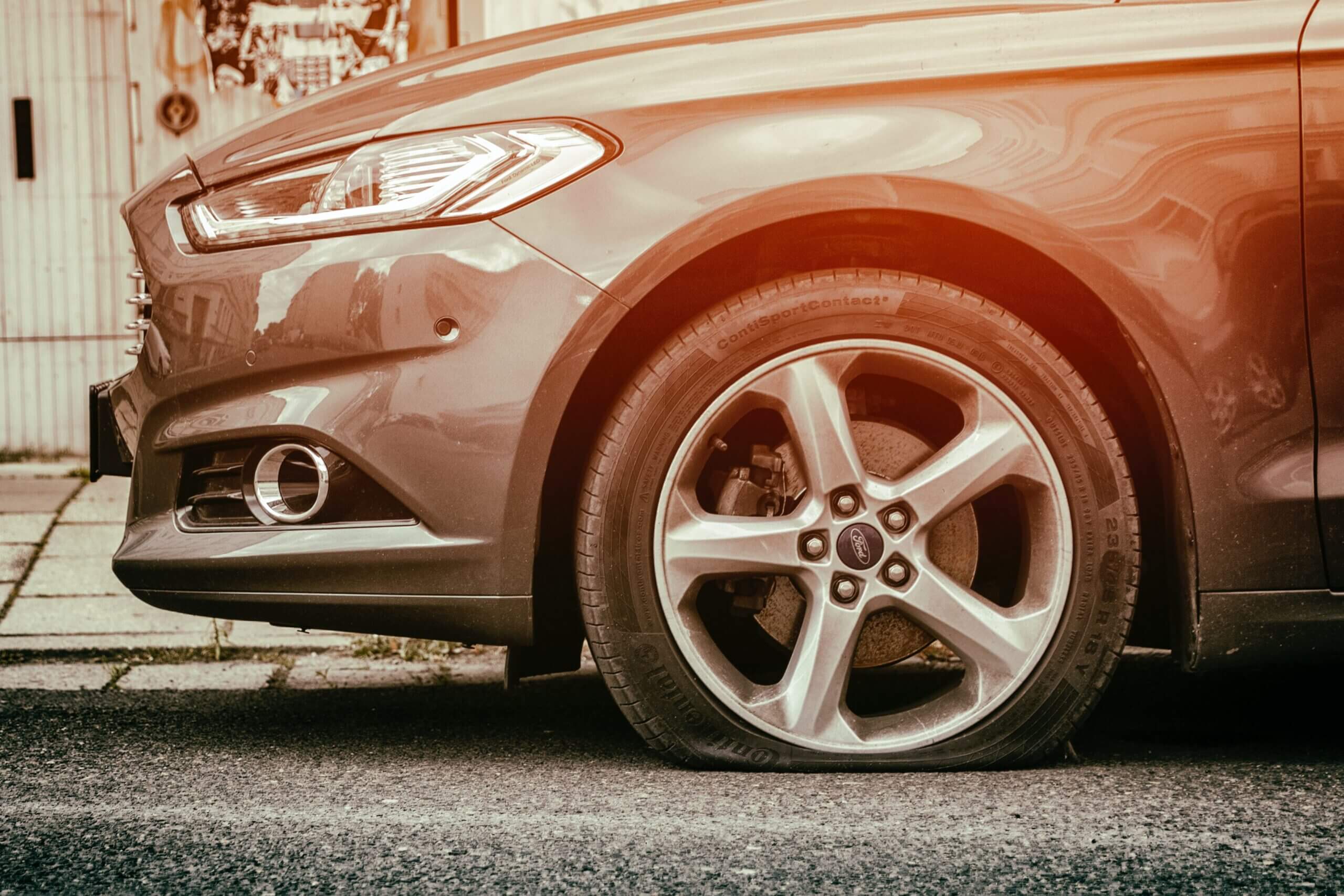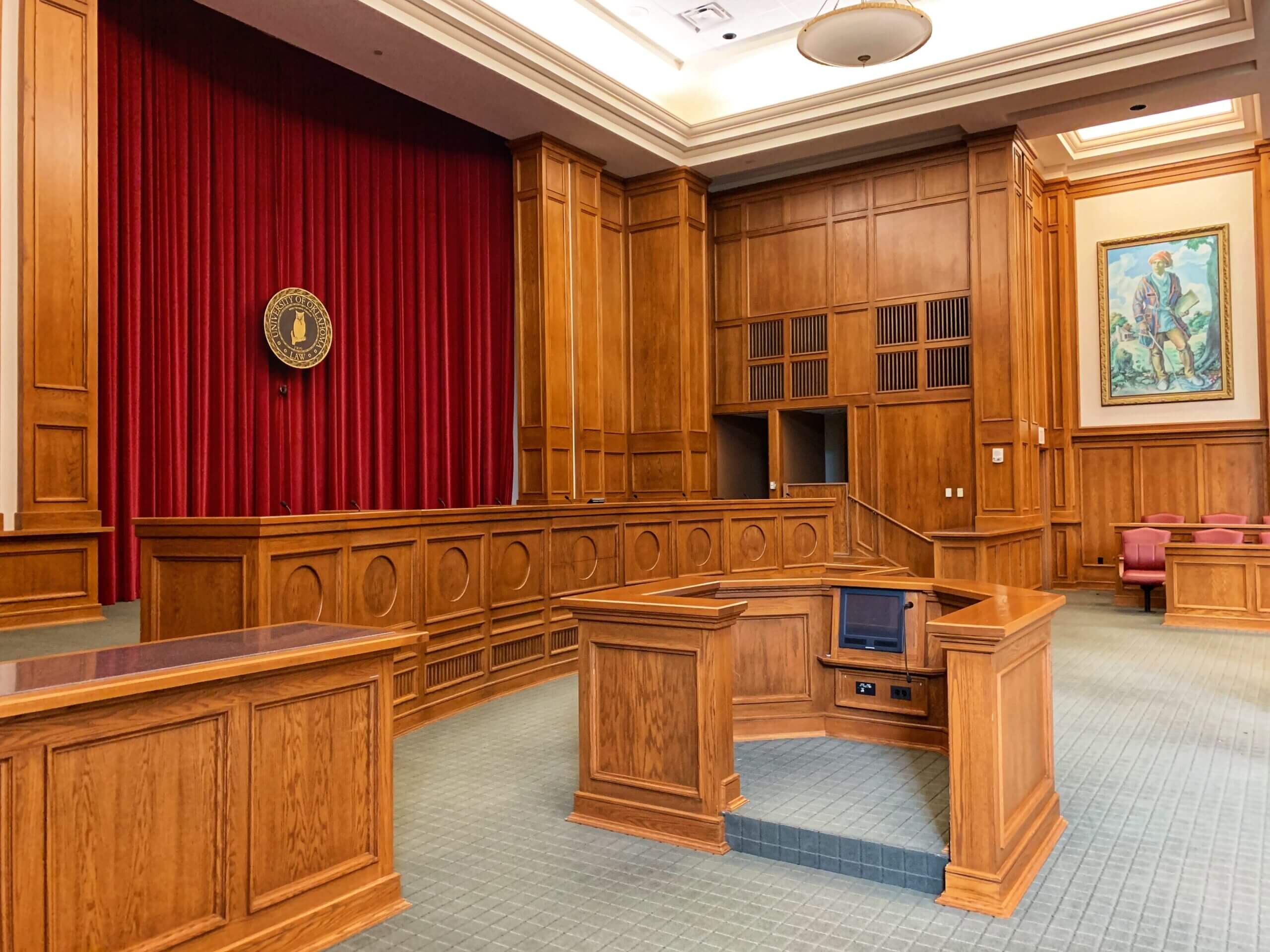Appealing a DC Car Accident Case
Only some court cases go according to plan. The claimant may be eligible to appeal their court case in certain situations. The plaintiff can generally only appeal a case if there was a mistake of law at the trial level. So, if the plaintiff does not like a finding of fact and determination by the jury or the judge about who is at fault, how bad the injuries were, or the value of the case, that is likely unappealable. Appealing a DC car accident case requires following the letter of the law. Understand that it is not easy to make it to the appellate level.
There is no requirement that the appellate level grant us further review. This means they can reject our appeal and we will not even get to be heard at the second level. Having said that, our DC car accident lawyers understand what it takes to get to that level, and can leverage the information in your case to give you the best chance possible. If there is a mistake of law by the trial judge, an error about a jury instruction, or a potential juror should not have been stricken, we can file an appeal. But that would be the only way to appeal the mistake of law, not that they can file an error of fact. If you need help with a car accident case, please feel free to seek experienced legal help. Reach out to learn the nuances of appealing a DC car accident case.
What can I Appeal my Car Accident Case for?
Here, we discuss three of the most important standards of review at the District of Columbia Court of Appeals.
De Novo
When your appeal is regarding a matter of law, the appellate court may substitute its judgment for that of the trial judge. This is called a de novo review. In Latin, de novo means anew. An appellate court hearing a case de novo will refer to the lower court’s record of the facts. This means we generally cannot introduce any new facts at the appellate level. Instead, we must work with what we have in the record and will refer to different parts in the record throughout the case.
This is why the court reporter is so important at the trial level. The Court of Appeals in DC will rule on the evidence and matters of law without deferring to that court’s findings in a de novo review. However, this form of review is uncommon as it requires more resources from the courts and places less deference on the trial court’s findings.
Clearly Erroneous
In rare instances, you can appeal the factual findings of your case from the trial court. However, the standard is a difficult one to meet. The standard is clearly erroneous. For an appeal to be successful in a clearly erroneous review, the appellate court must determine that a finding is unsupported by substantial, credible evidence in the record to meet this standard. For example, Rule 52(a)(6) of the Federal Rules of Civil Procedure requires that a District Court’s finding of fact not be set aside unless clearly erroneous in an action tried on the facts without a jury. This is because it is generally not the job of the appellate level to weigh the evidence. Their job as a panel of judges is to discuss precedent and how your case fits in with the settled law in Washington, DC.
Abuse of Discretion
Many decisions a judge makes in the DC Superior Court are discretionary. For example, it is up to a judge’s discretion to admit evidence. You may wish to bring this up when appealing a DC car accident case. A decision will not be overturned on an abuse of discretion standard unless the Court of Appeals determines that the lower court’s ruling was made without an appropriate basis.
Steps to Take to Appeal your Car Accident Case
You have 35 days from the date the judgment or order is filed at the trial level. Thus, when appealing a DC car accident case, it is essential to act quickly or you may lose your ability to appeal to the District of Columbia Court of Appeals.
- Fill out the notice of appeal form.
- File the notice of appeal.
- Pay the filing fee.
- File a motion for free transcripts.
Can An Appeal Affect The Amount Of Recoverable Damages?

An appeal would not affect the value of the amount of damages recovered. For example, if there is a case in which a plaintiff’s case is dismissed, and the plaintiff filed no recovery at the trial court level, an appeal in the case, and the dismissal was reversed. The trial court was reversed, and the case was eventually tried; the value must still be determined. It is unlikely that it would be changed at the appellate level.
However, there are some rare examples of enormous judgments, meaning the plaintiff recovered a lot of money, which has been reduced on appeal. In those cases, the case would likely be sent back to the trial level to get an amount that the appellate court thinks is more reasonable.
How Often Can a Case Be Appealed?
After a trial, there is only a certain amount of time to file an appeal. The claimant would need to file the appeal once there’s a determination that a mistake was made at the trial court level. As long as the appeal is filed promptly, they would have their crack at briefly explaining why the appeal was being made, but there would only be one appeal. If the case is in certain jurisdictions, once they file an appeal and that appeal is denied or lost, they may be able to appeal to the next highest court. In the District of Columbia, there is only one appeals court, just the Court of Appeals.
If The Appeal Is Lost, What Happens Next?
The trial court’s determination is final if the appeal is lost and there are no additional appellate court-level appeals. In Washington, DC, the Superior Court represents the trial level. Then, there is the District of Columbia Court of Appeals. Thus, there are two levels of courts in DC.
How DC Car Accident Attorney Could Help With Appeals
A DC car accident lawyer would handle the appeal on behalf of the plaintiff. If a mistake of law was made and the client decided to file an appeal in the District of Columbia Court of Appeals, the plaintiff’s attorney representing them would handle that on their behalf. I would recommend something other than a pro se claimant attempting independently. It’s something that requires a lot of work. It’s rather lengthy.
A brief has to be filed with the Courts of Appeals, which has several cases that support the plaintiff’s argument in the appeal. It would be difficult for somebody who needs help understanding what is involved or what is being looked for. Once the appeal is filed, it will be decided by the appellate court or dismissed. You do not need to handle your case alone. Schedule a consultation to learn about appealing a DC car accident case.
















